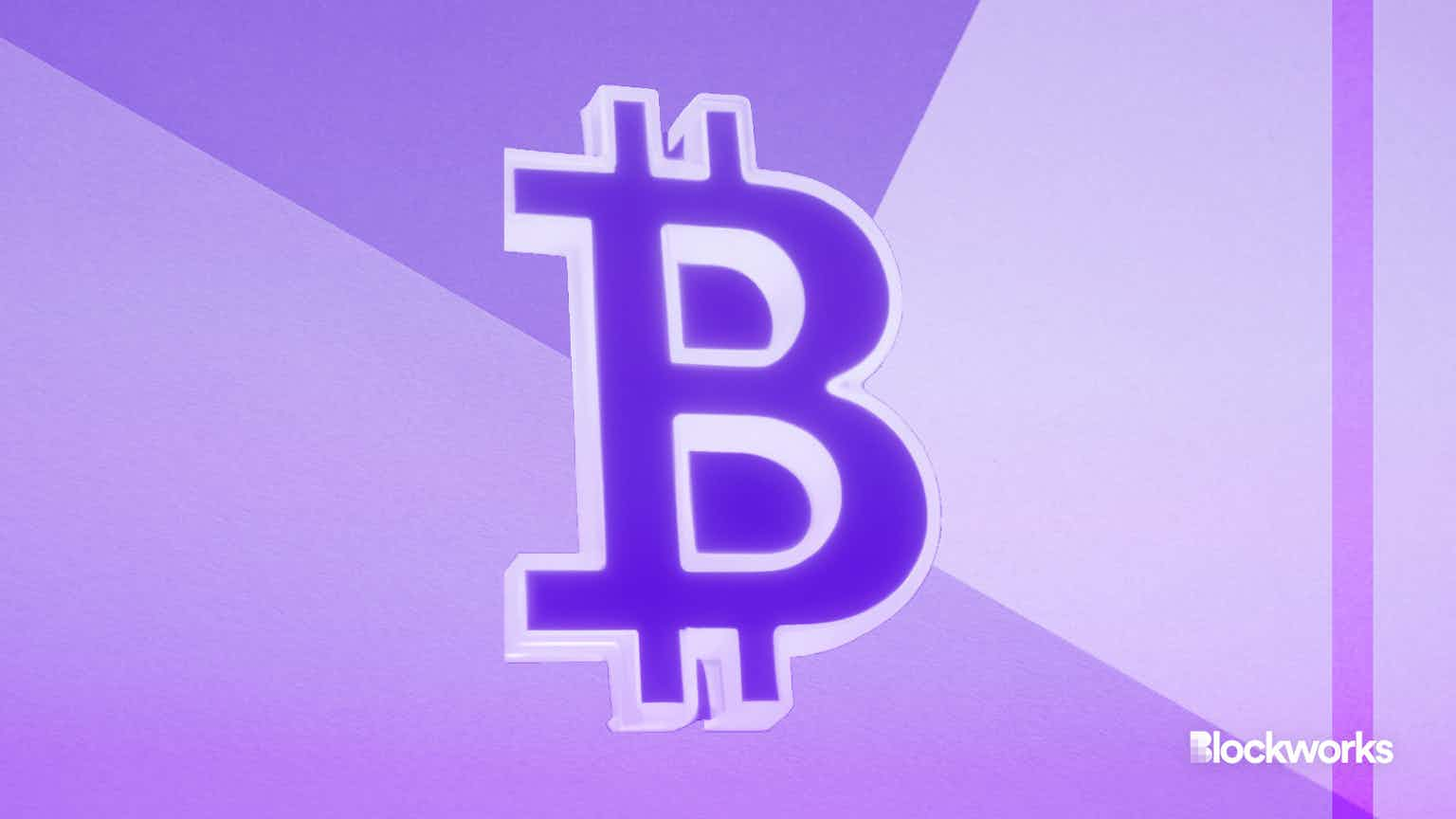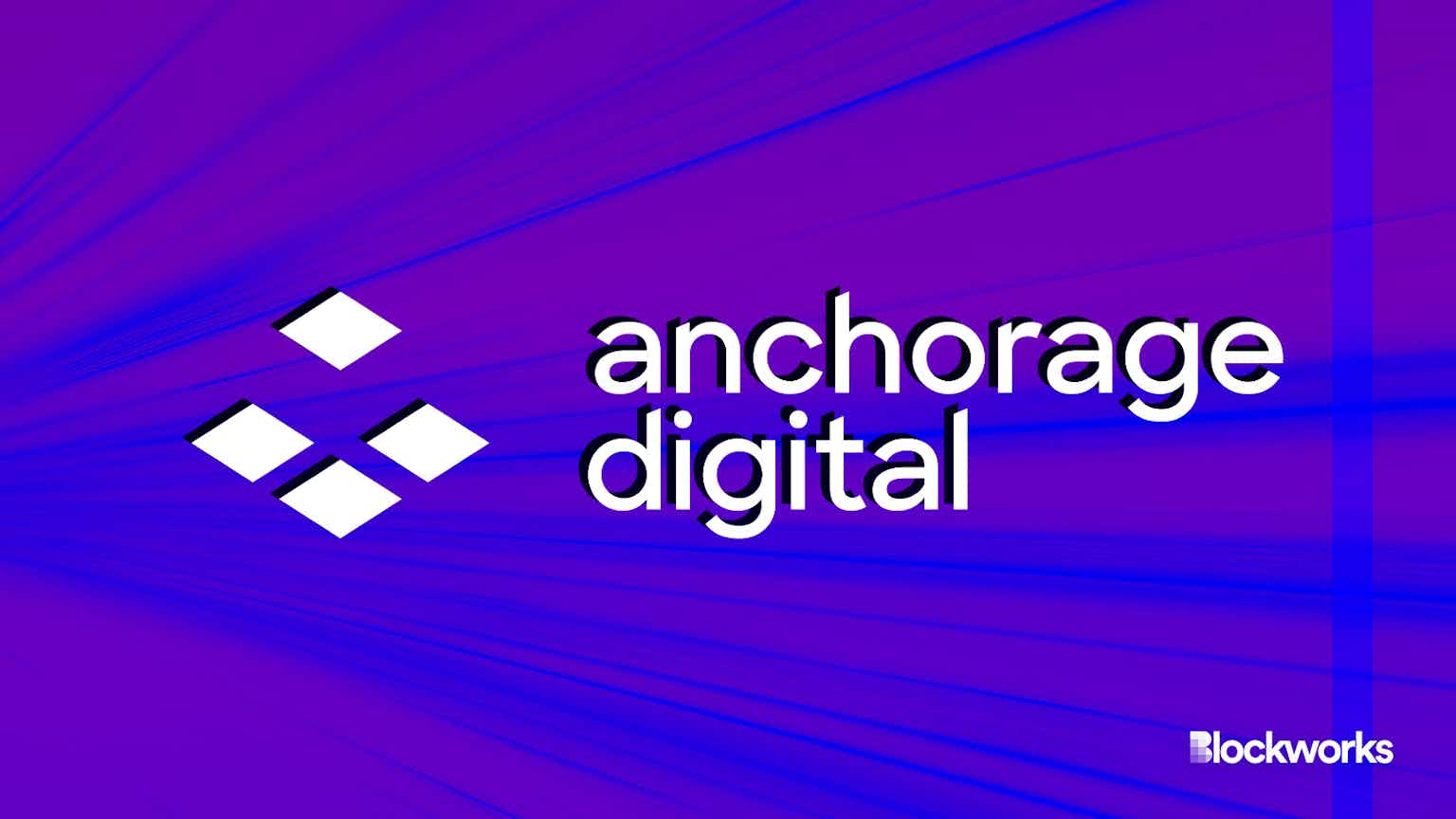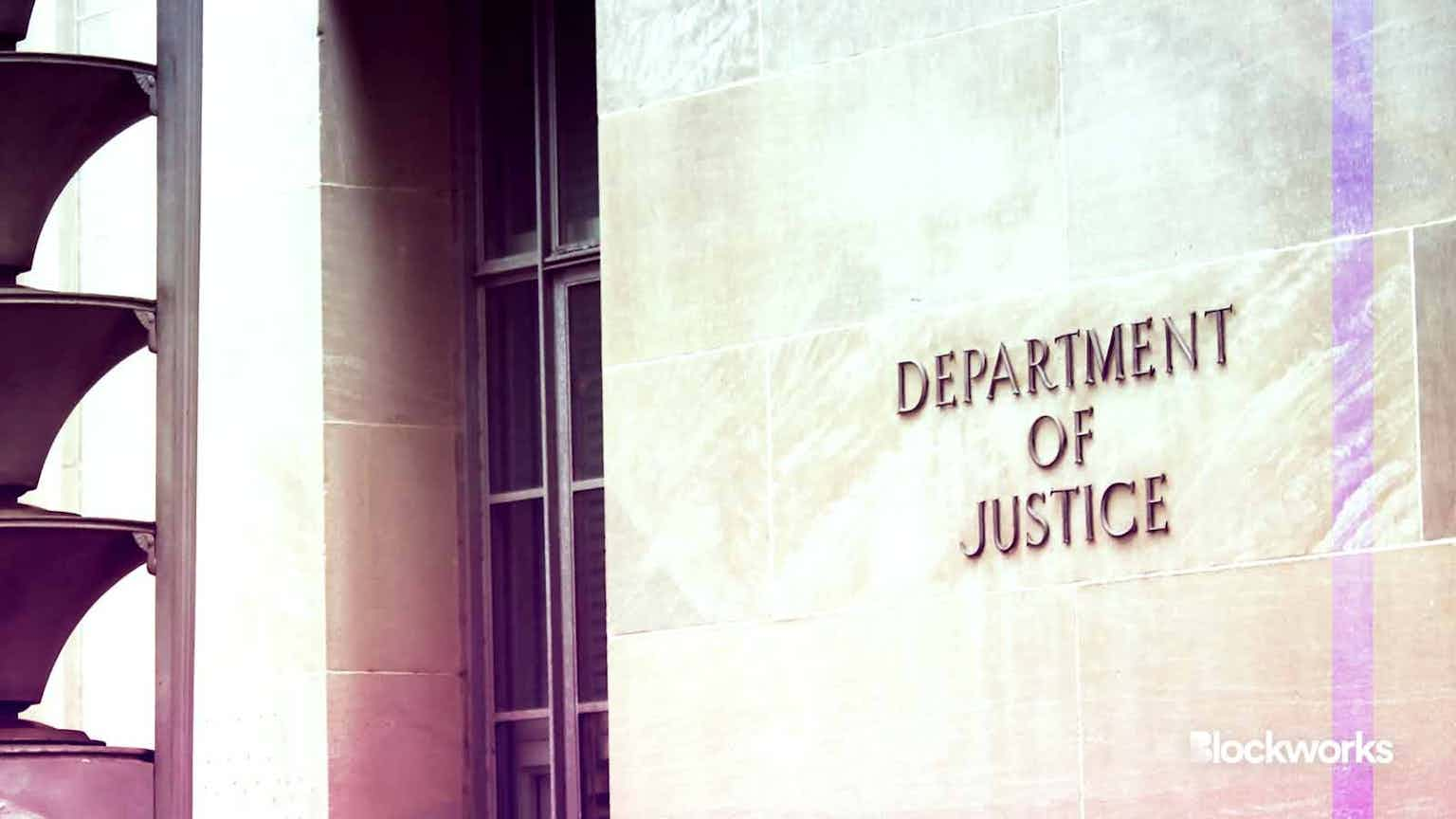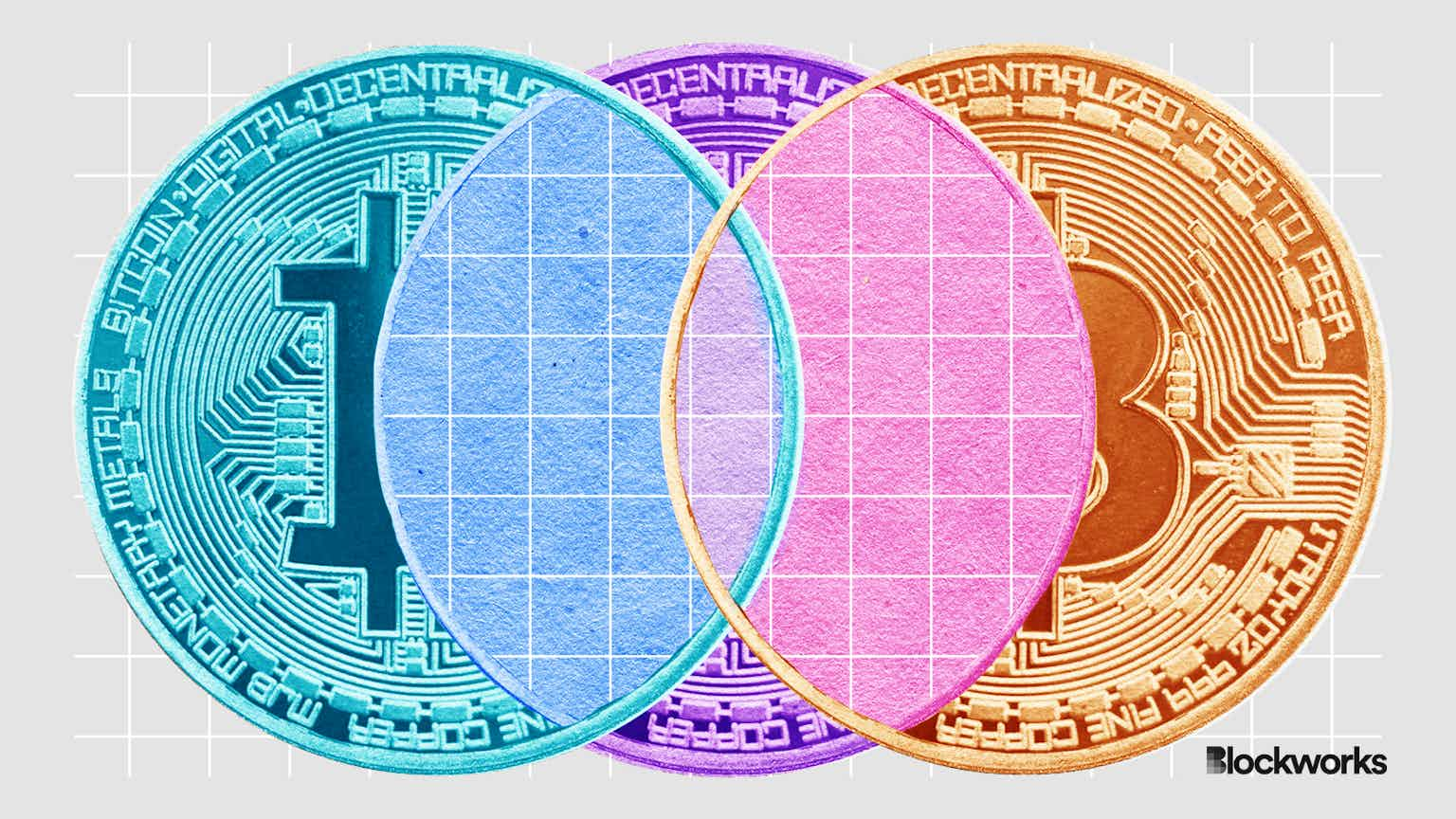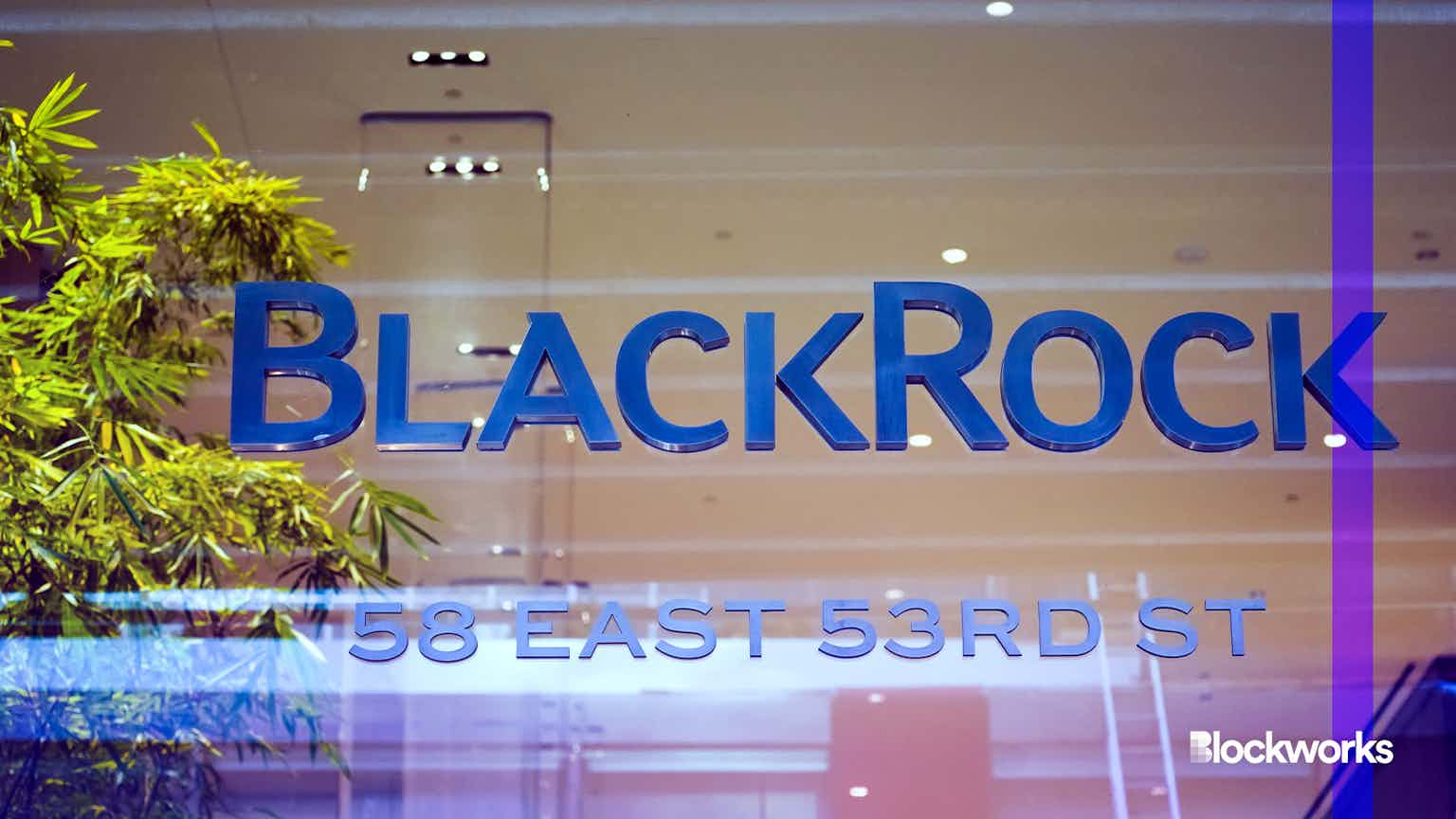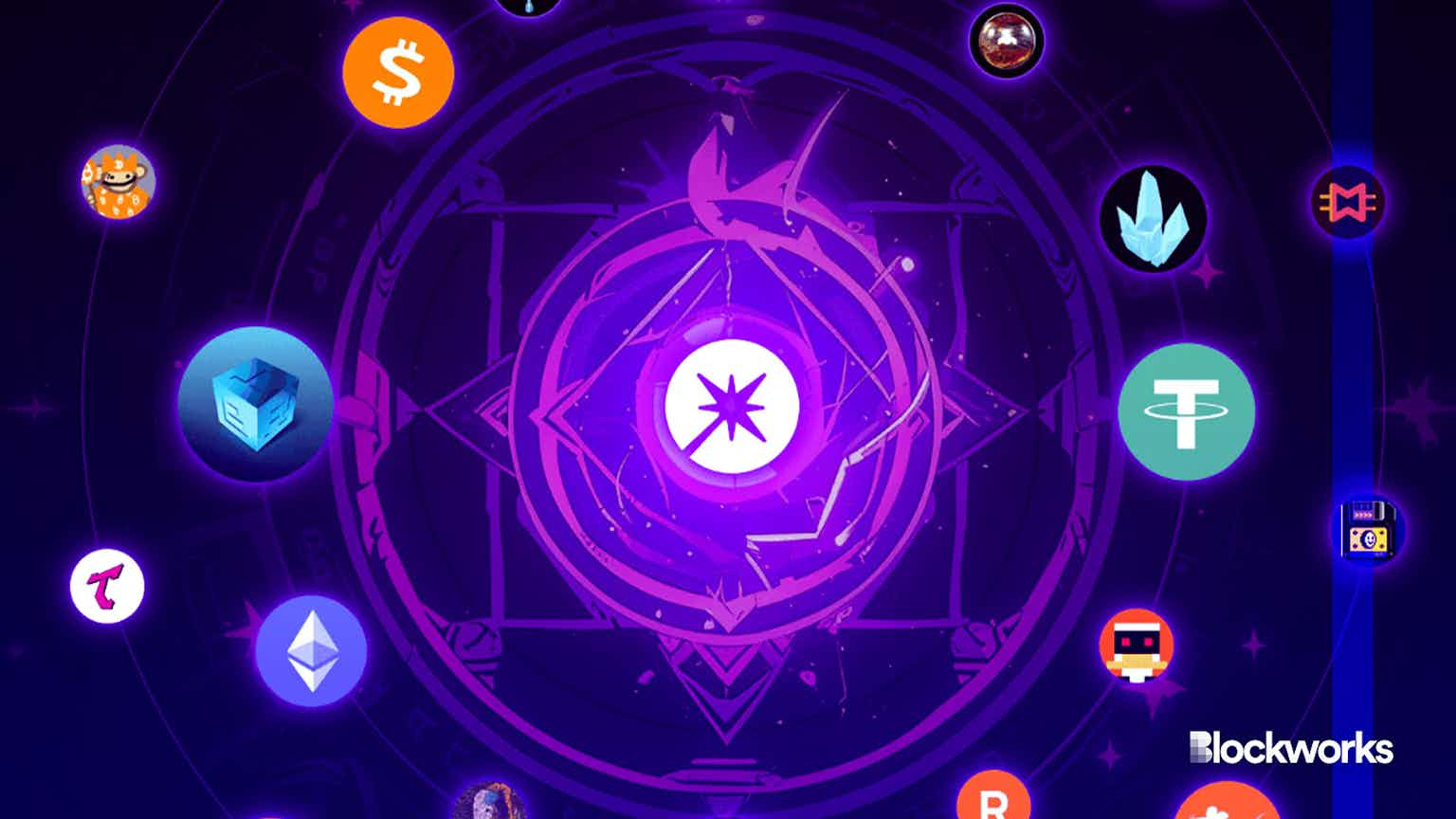DOJ Charges Virtual Asset Firm Founder With $6M Investor Fraud
Randall Crater, founder of My Big Coin, used investor funds to buy antiques, artwork and jewelry
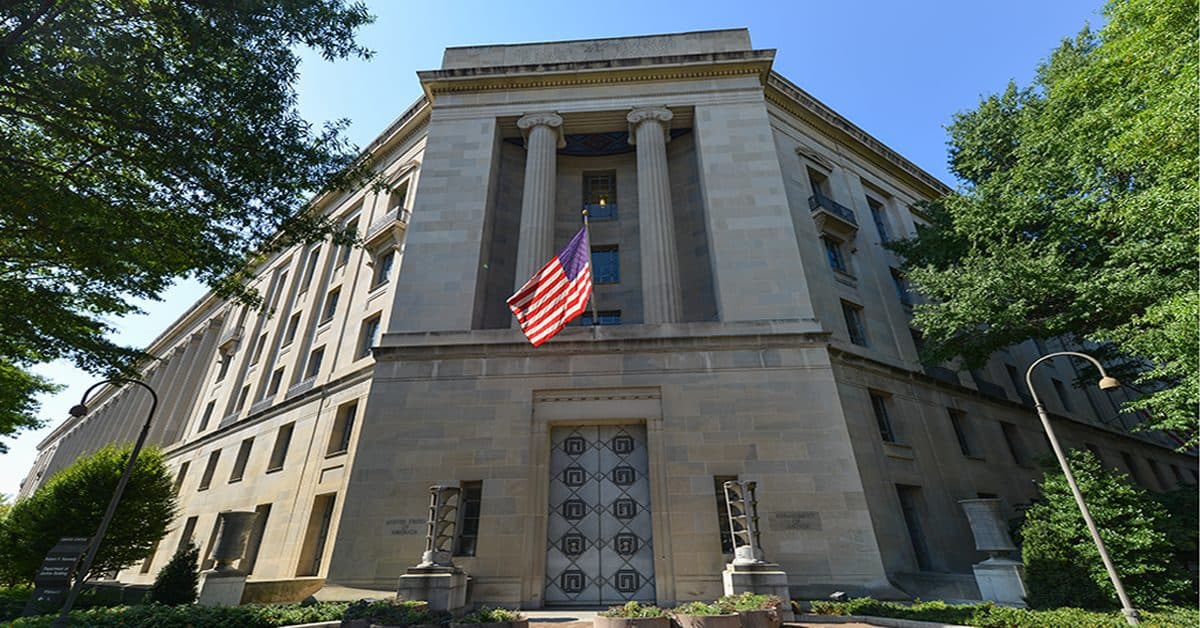
Department of Justice, Washington D.C.
key takeaways
- Crater falsely promoted My Big Coin as a virtual currency backed by gold, oil and other valuable assets, the DOJ said
- He claimed to have a partnership with MasterCard and that the coins could be exchanged for fiat money
The founder of obsolete cryptocurrency business My Big Coin was convicted Thursday on charges he made false claims to investors by marketing and selling a fraudulent virtual currency that netted him $6 million.
Randall Crater, a 51-year-old resident of East Hampton, New York, offered virtual payment services through a fake digital asset which he promoted to investors through fabrications about its nature and value, the US Department of Justice said in an announcement Thursday.
Crater and his associates claimed “My Big Coin” was backed by $300 million in gold, oil and other valuable assets, the DOJ said. He also claimed to have a partnership with payments giant Mastercard and that the currencies could easily be exchanged for fiat money or other virtual assets.
“In reality, Coins were not backed by gold or other valuable assets, did not have a partnership with MasterCard and were not readily transferable,” the DOJ statement said.
He is believed to have spent hundreds of thousands of investor funds on antiques, artwork and jewelry. Crater has now been convicted of four counts of wire fraud and three counts of money laundering. His sentencing is scheduled for Oct. 27.
Thursday’s charge emerged from a 2018 lawsuit by the Commodity Futures Trading Commission, which led to one of the first court rulings that decided that virtual currencies meet the definition of a commodity. Virtual currency frauds have been subject to regulation by several agencies.
The CFTC had sued the company, CEO John Roche, Crater and three others on accusations that they participated in a fraudulent scheme.
Crater was arrested in Florida in February 2019 on charges he took part in a $6 million scheme to defraud people who wanted to buy My Big Coin, Reuters reported.
Scott Lopez from Lawson & Weitzen, Crater’s lawyer, did not return Blockworks’ request for comment by press time.
Start your day with top crypto insights from David Canellis and Katherine Ross. Subscribe to the Empire newsletter.
